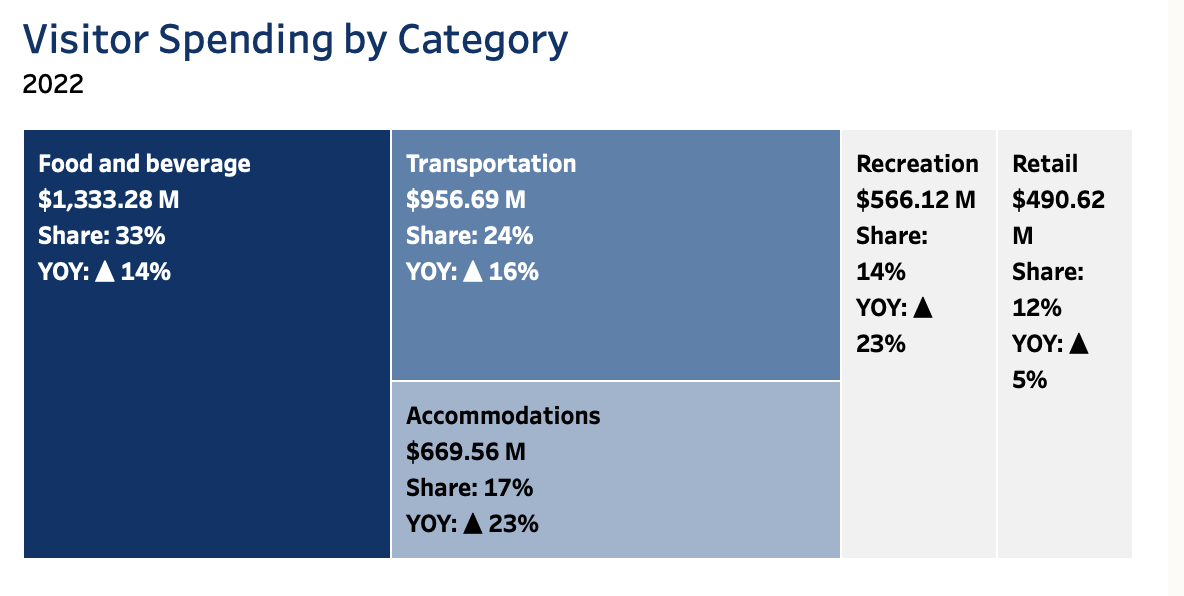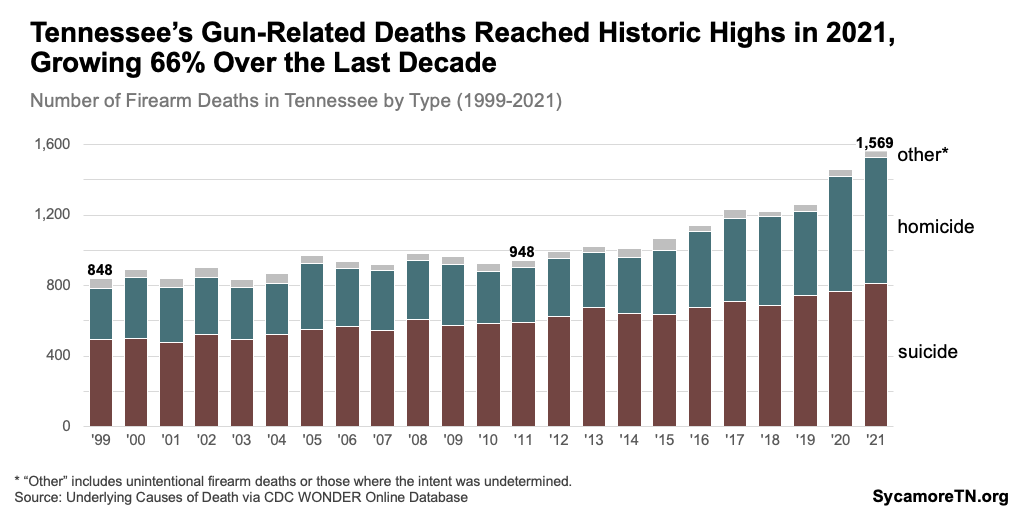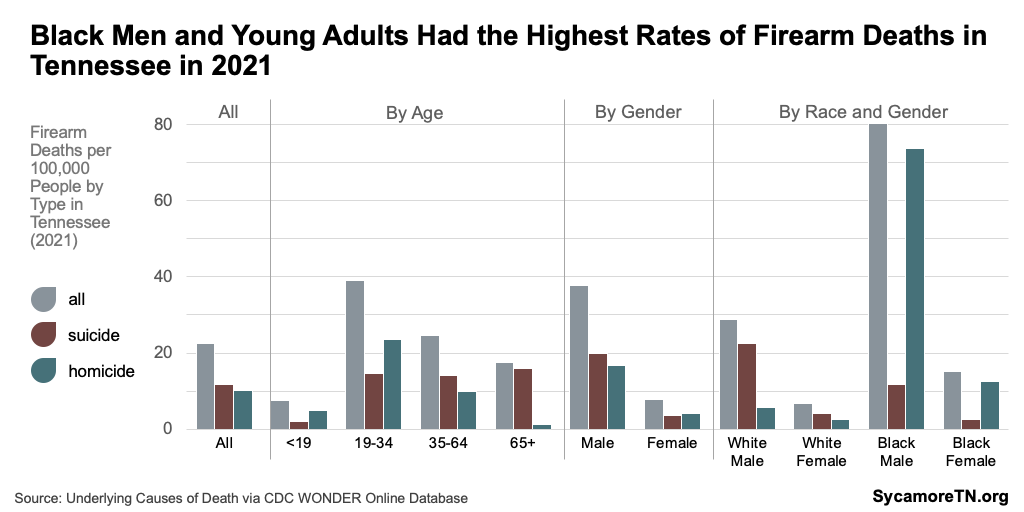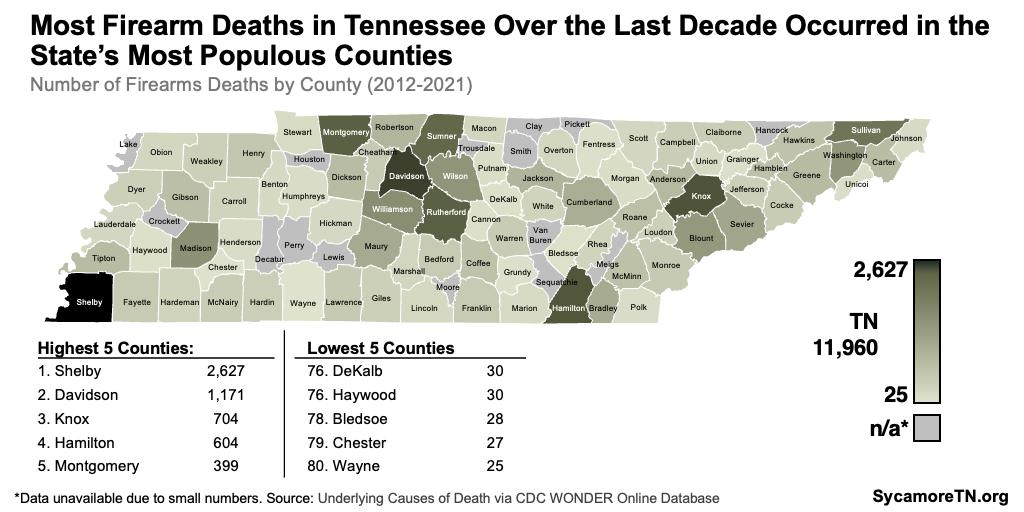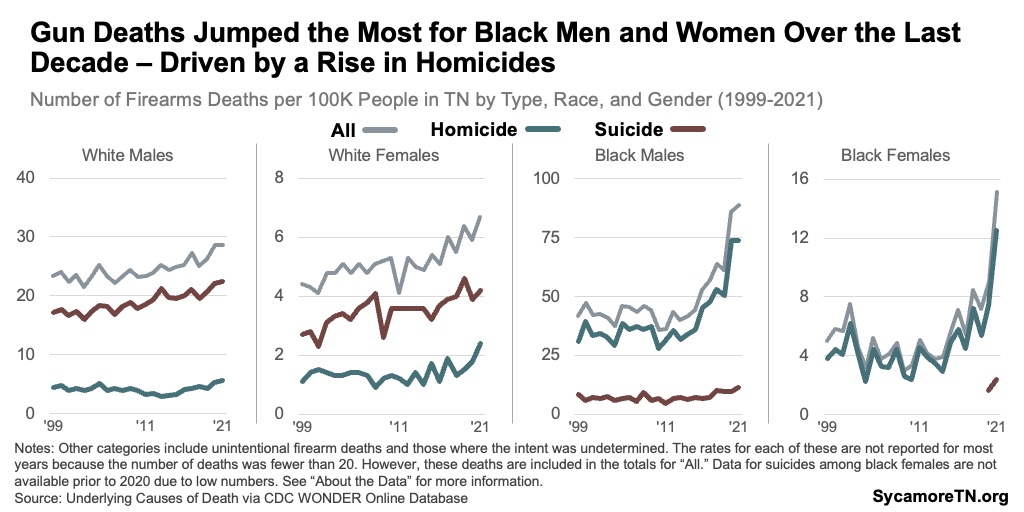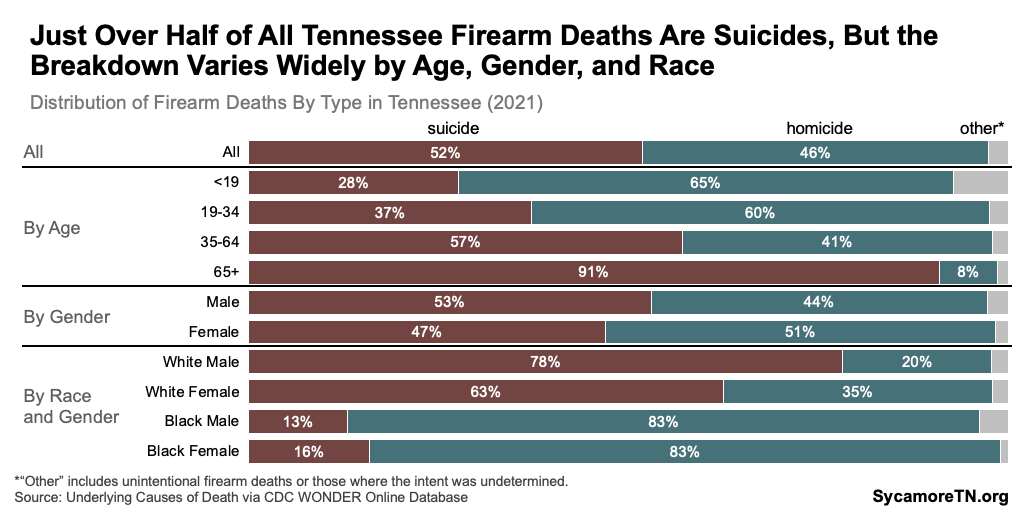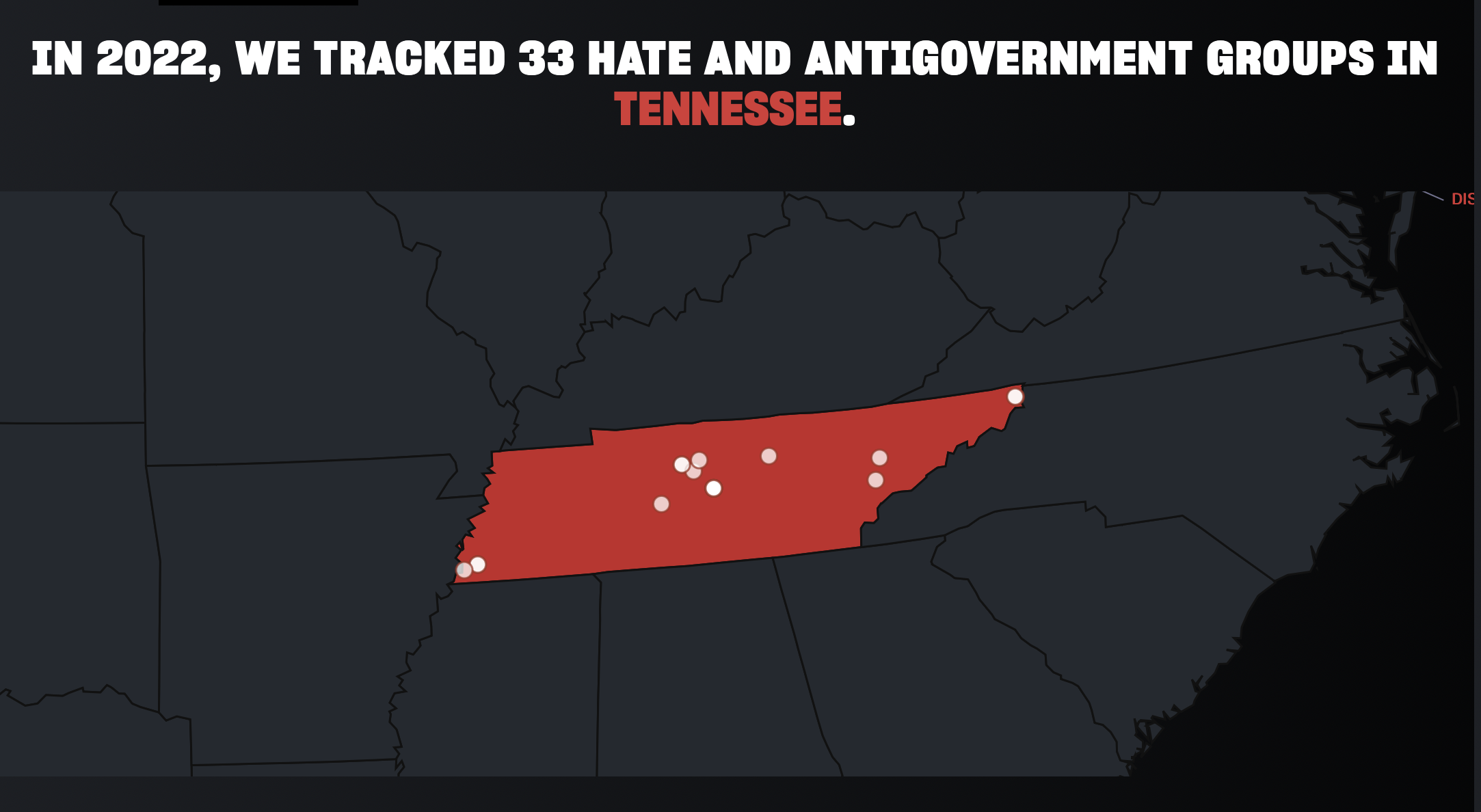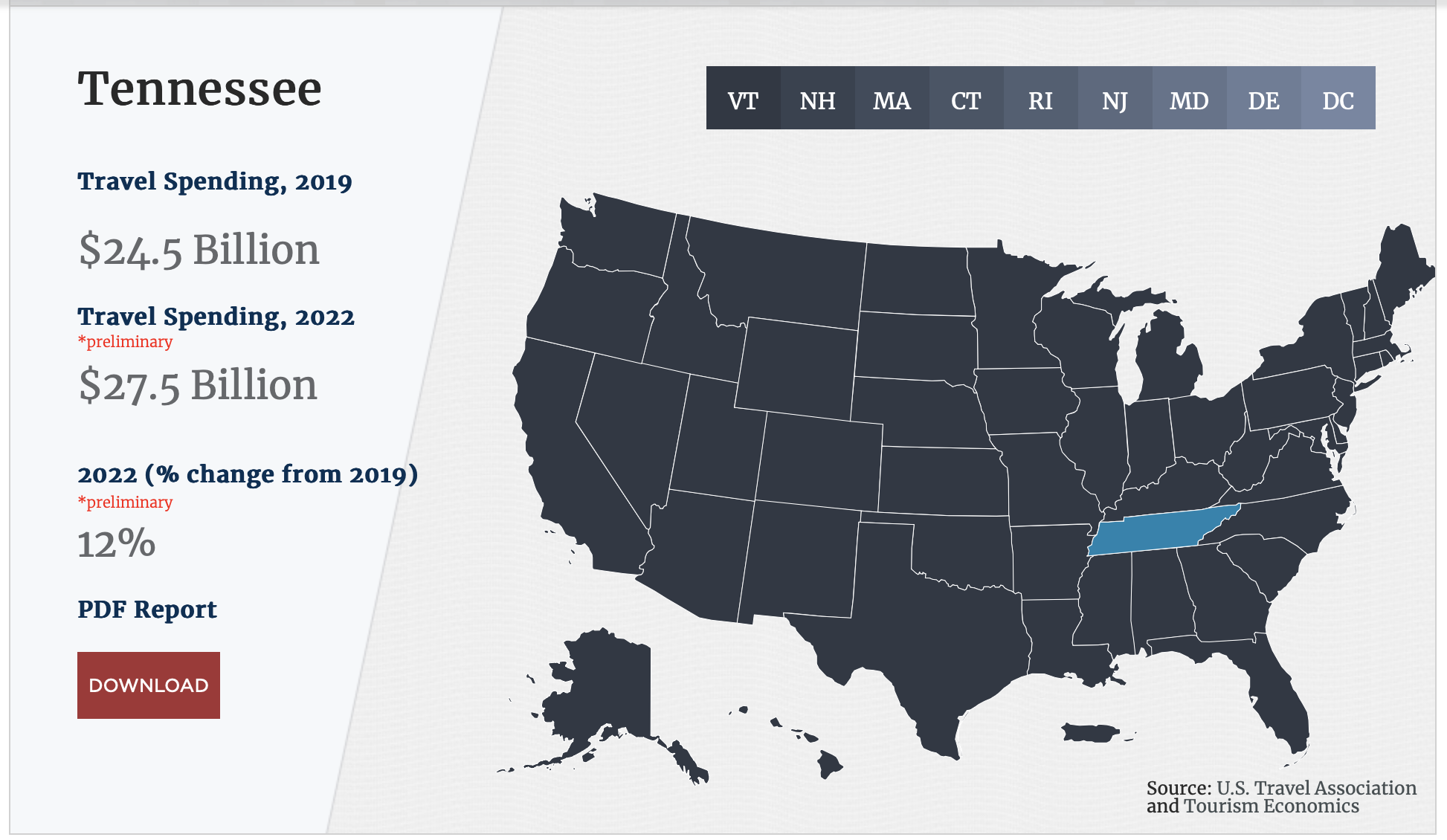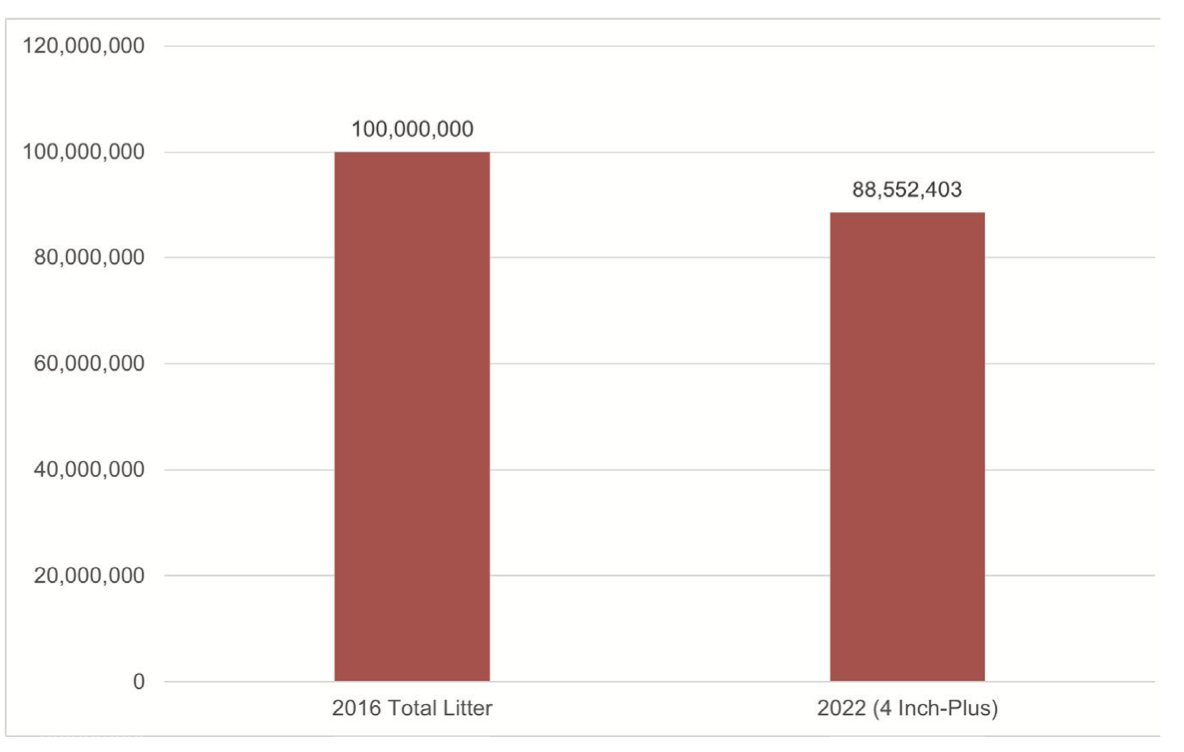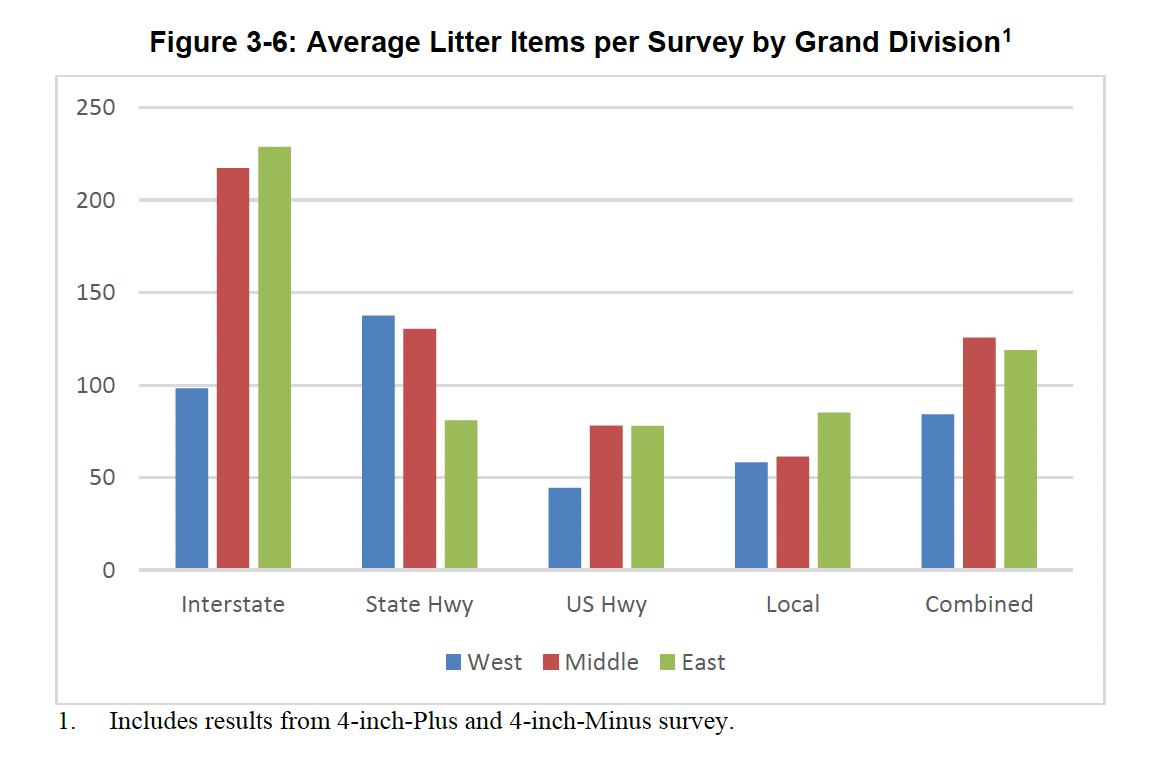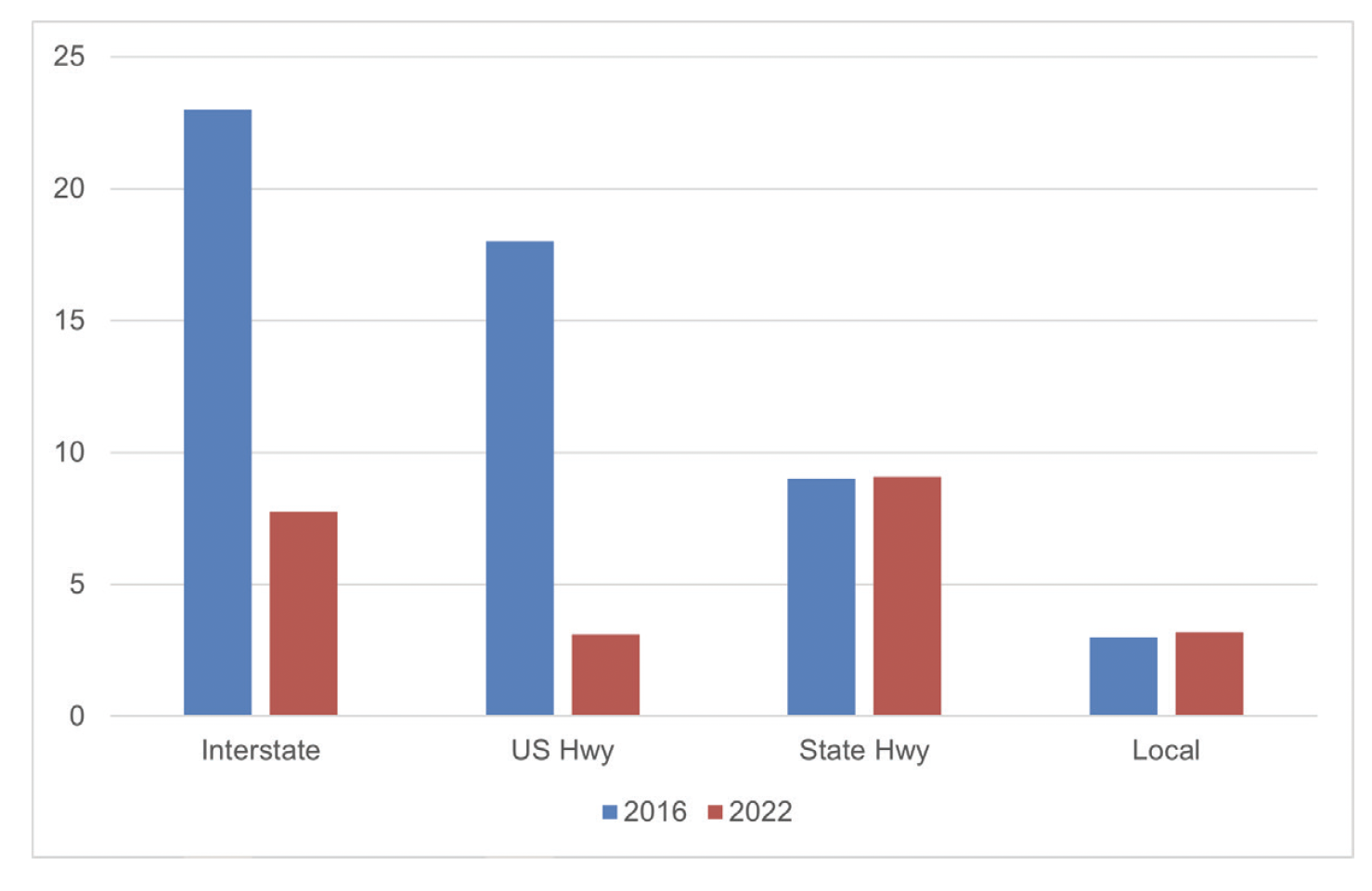Can Knoxville state Senator Gloria Johnson, she of last spring’s “Tennessee Three” and a heroine of sorts among Democrats, actually unseat the GOP’s Marsha Blackburn in the 2024 U.S. Senate race?
There is an illustrative case — that of James Mackler, a Nashville lawyer and former Iraq war helicopter pilot, who made bold to put himself forth as a candidate for the U.S. Senate in 2018 for the seat then held by the retiring moderate Republican Bob Corker.
Meanwhile, out of the Republican MAGA ranks, seeking the same seat, came the aforementioned arch-conservative Marsha Blackburn, then a congresswoman. The then still existent state Democratic establishment, two years into the Trump age, didn’t trust a novice Democrat like Mackler, no matter how promising, to take on Blackburn, so talked Tennessee’s recent Governor Phil Bredesen, an old-fashioned conservative Democrat, out of retirement to become their candidate.
Mackler dutifully withdrew, biding his time.
History records that both Bredesen and Nashville Mayor Karl Dean, the last two name Democrats to carry the party banner into battle, were both routed in 2018, Bredesen by Blackburn (who would end up a cover girl on The New York Times Magazine) and Dean by Bill Lee.
Mackler was still on the scene and considered it his time to take on the next Senate race in 2020, where he would be opposed by the GOP’s Bill Hagerty, a former ambassador and state economic development commissioner. What was left of the Democratic establishment, in something of its last go-round, thought Mackler was right and timely, also, and got behind him.
Alas! Mackler and the party establishment withheld their considerable fundraising receipts from a five-way Democratic primary, hoarding them for the forthcoming race against Hagerty, and never even got to the general election. Mackler was upset in the primary by one Marquita Bradshaw, an environmentalist from Memphis who had no ballyhoo whatsoever and had raised virtually no money.
What she did have was an emergent standing among Memphis Blacks as a progressive candidate (though a nonmember of the now-expiring party establishment).
What she had was enough to win 35.5 percent of the primary vote, outpolling poor Mackler, who had 23.8 percent. Between the primary and the general, Bradshaw upped her campaign kitty from $22,300 to $1.3 million (a major-party nomination is still worth something), but lost to Hagerty, once again polling 35 percent.
Jump to last week, when the Beacon Center, a conservative think tank, released the results of two Emerson College polls — one measuring incumbent Blackburn running for reelection against Gloria Johnson, another matching her against Bradshaw, regarding the Memphian, once again as a prospective Senate candidate.
Beacon had Blackburn running ahead of Johnson by 49 percent to 29 percent, with the balance undecided. Against Bradshaw, Blackburn’s margin was smaller, 48 percent to 36 percent.
What Beacon did not do was match the two Democrats against each other, testing what might happen in a primary encounter.
But, given the example of Mackler, the already actively campaigning Johnson might wonder, as do we. Might she suffer an unexpected defeat to Bradshaw, a la Mackler?
Word from the Democratic establishment (yes, it still exists, though barely) is that Johnson has digested the lesson of Mackler and will pour a generous amount of the substantial funds she has already raised for a primary contest.
That will take pace in August, and we shall see what we shall see.





